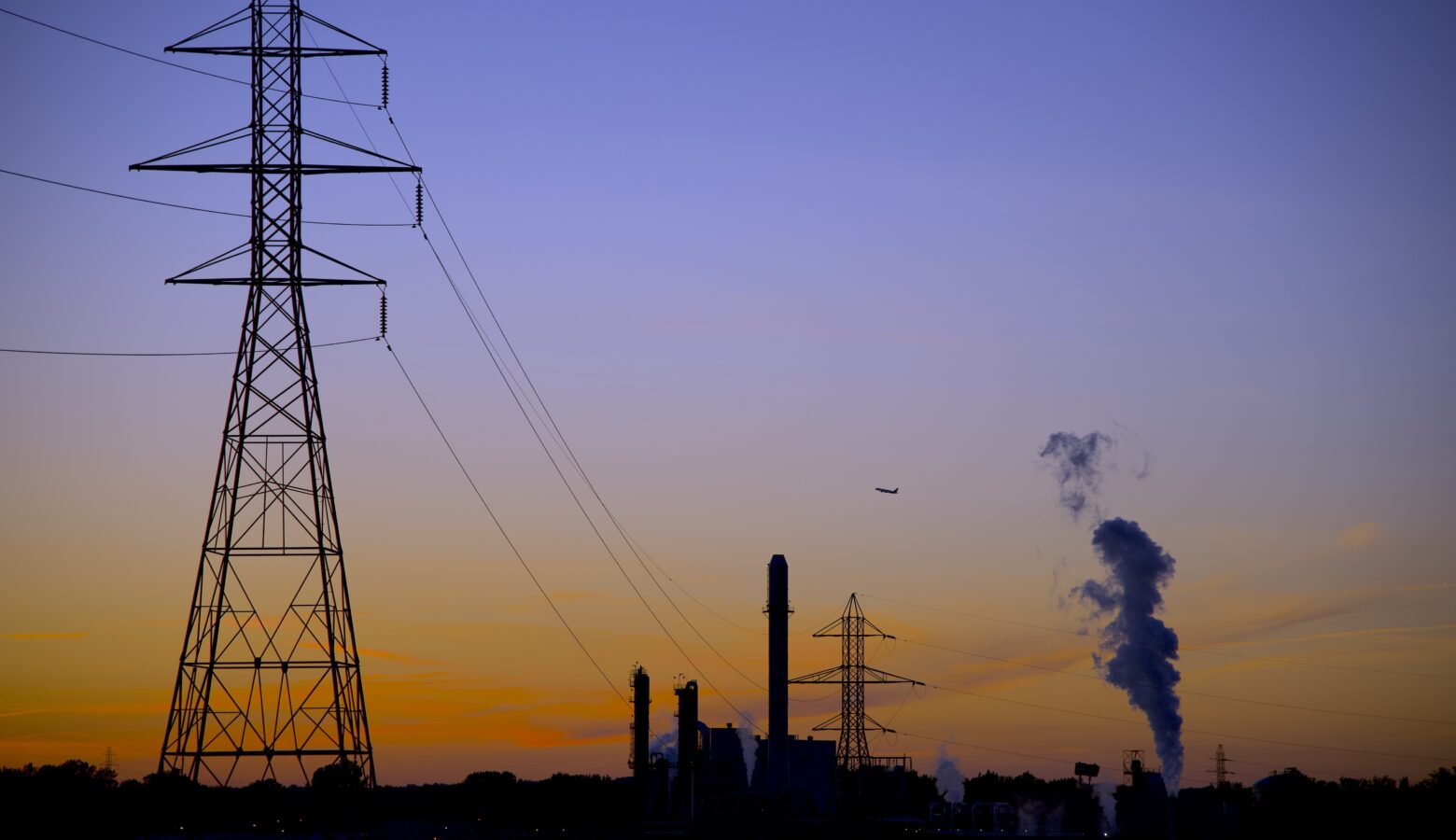Bill giving Indiana utilities dibs on interstate power line projects passes state Senate

A bill that would give Indiana utilities dibs on building, owning, and operating power lines that cross state borders passed the state Senate on Tuesday. To meet federal renewable energy goals, the U.S. will have to build a lot more of these lines to get that electricity where it needs to go.
Proponents of the House Bill 1420 say Indiana utilities are regulated by the state — letting them do more of these projects will keep costs in check for Hoosiers and encourage local, union jobs. Sen. David Niezgodski (D-South Bend) voted for the bill saying he would stand with local control.
“I believe in Indiana. We best can make the decisions affecting all of our pocketbooks,” he said.
Supporters also say, with fewer bids, projects will get done more quickly. The bill got support from the Indiana Farm Bureau, Indiana Manufacturers Association, and unions representing steelworkers, electrical workers, and operating engineers.
Consumer advocates, clean energy supporters and renewable energy companies oppose the bill. They say the idea that giving utilities dibs would lower costs doesn’t make any sense — the best way to do that is through competition.
Join the conversation and sign up for the Indiana Two-Way. Text “Indiana” to 73224. Your comments and questions in response to our weekly text help us find the answers you need on statewide issues throughout the legislative session. And follow along with our bill tracker.
Sen. Jean Breaux (D-Indianapolis) said Indiana ratepayers already suffer from higher electric bills because these utilities have no incentive to lower their rates. She said if utilities get an advantage, that will only cost ratepayers more.
“Charge us whatever they want because there’s no one to compete with them to cause them to lower their prices,” Breaux said.
A similar law in Texas was struck down by a federal circuit court which said it violated interstate commerce laws.
The bill passed 32 to 17. It now goes back to the Indiana House to consider changes made to it.
Rebecca is our energy and environment reporter. Contact her at rthiele@iu.edu or follow her on Twitter at @beckythiele.
